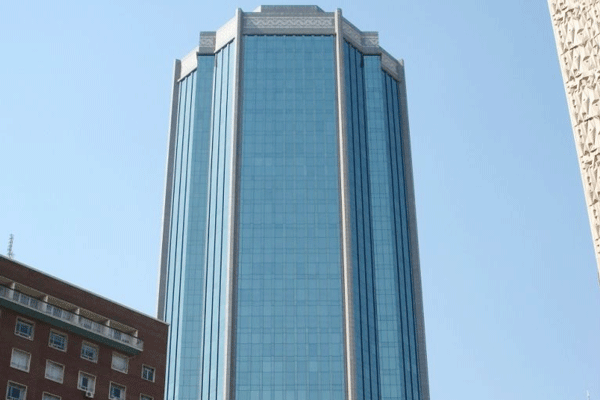
by Peter Bailey
CONTINUED FROM LAST WEEK The personal accounts that are held at the Reserve Bank of Zimbabwe should be closed and moved into the normal banking system to stop some of the corruption including the accounts of all of the ministers. The RBZ should not be allowed to favour party and government officials in any way.
Education over the years has suffered and people have lacked a decent education. It will be necessary to bring in some adult type education and to instil a belief in honesty, integrity and morality. In addition, there needs to be an education programme at ministerial and senior civil service level in good management and good corporate governance. Even driving standards need to be improved before they deteriorate too far.
The government will need to look at some of the cultural issues such as the system of land entitlement in rural areas and the role of chiefs and headmen. There has been and will be population growth and therefore things have to change. As far as some of the rural areas are concerned, there may be merit in examining the Kibutz system in Israel, or something similar, to provide employment and training in these areas on a self-sustaining basis.
It will be essential to encourage investment into electrical power generation and the country is ideal for solar power. There may well be new gas supplies available. It requires innovative minds to do what is best for the country and the avoidance of corrupt decisions. It is far cheaper to generate power than to import fuel for generators. One always needs to look at the bigger picture.
Consideration could be given at some time in the future to the appointment of a non-political ceremonial president with the power to call elections when necessary. This would be to avoid a future dictatorship developing and enabling fair elections to take place. The ruling party should not be in charge of the election processes.
There would be need to complete rationalisation of the civil service with regard to management, training and staffing, remuneration and perks and allowances, including motor vehicles. Civil servants must be subject to the same conditions as other workers in the community.
There were laws introduced such as the requirement for new number plates etc on changing registration of motor vehicles, which was done to benefit individuals selling number plates. A need to go back to the old system where vehicles kept their registration numbers and change of ownership was recorded in the registration book. A relook at requirements such as fire extinguishers etc in the interests of reducing imports or promoting local manufacture would be necessary.
- Chamisa under fire over US$120K donation
- Mavhunga puts DeMbare into Chibuku quarterfinals
- Pension funds bet on Cabora Bassa oilfields
- Councils defy govt fire tender directive
Keep Reading
It is vital to concentrate on local production and manufacture and government vehicles as well as many others should all be manufactured locally.
Serious consideration should be given to the many appointments in statutory bodies and civil service that were done for political reasons with a view to finding people with the requisite skills and experience. Included would be an overhaul of the judiciary where again appointments were made for political reasons with judges being allocated farms which might be interpreted to mean the government is seeking favourable judgements.
With these changes and a plan forward in mind the country must introduce its own currency. It may require World Bank/IMF backing to start, but the US dollar is transferable to other countries around the world and while it is recognised that there is a need for business to transfer money outside the country the transfer of personal wealth is another story. However, with an open economy much more is possible.
Summary
Leverage on the centrelink system because of its system of taxes will attract investment into the country. The expanding economy will generate more and get more tax. There should be a large reduction in imports and an expansion of exports on a continuing basis. Shop owners need to be educated into the fact that their sales are dependent upon the earnings of local people and they have a need to support local industries to maintain and improve their own sales. Because the tax system is based on VAT there will be a government incentive to create jobs and maximise spending power in the commercial sector. It is vital to build up the employment base and Zimbabwe must aim to have some 5-10 million people in employment other than government.
Because of the present state of the economy, it may well be that government may call on the World Bank and IMF for initial support for the plan, but with full government commitment that support should be forthcoming and investment funds should roll in within a short time and the economy should expand at around 10-20% per annum initially.
There will most likely be a need for advisory and educational services because of the present lack of skills and expertise. Even the police force would need to be retrained to move away from partisan practices and provide a free and fair service.
One should appreciate that this will not work in bits and pieces, it is rather an all or nothing solution.
It is anticipated that the basic implementation would take six to twelve months and a successful turnaround should be achieved within 2-5 years. Assistance would be necessary to implement some of these changes.
l Peter Bailey is a Harare based author. You can contact him on [email protected]











